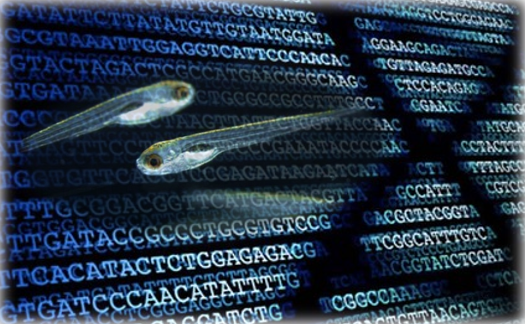Research areas:
Functional genomics, transcriptomics, zebrafish, bioinformatics.
Research projects and updated research objectives:
Functional genomics, from the sequencing of the human genome, has made important contributions in basic research and in the study of complex diseases. The group has developed skills and valuable collaborations in the following projects:
- Functional study of the CYYR1 multi-transcribed gene locus (21q21.3) in human cell lines and zebrafish.
The function of CYYR1, cloned from the group, is still unknown. Objective: to hypothesize the role of the locus in embryogenesis and tumorigenesis associated with the signaling of SHH and Nodal. The study has benefited from the collaboration of Prof. Karuna Sampath - Warwick Medical School (UK).
- Functional characterization of long non-coding RNA (lncRNA) in Parkinson's disease (PD): hypothesis of a neuroprotective role.
Data from the meta-analysis of gene expression, published by the group, have shown a possible association between lncRNAs and PD, including some lncRNAs never before linked to PD. Results point to a protective role of lncRNAs in neuroinflammation, a causative event of PD. Objective: to define the role of lncRNAs in human microglia cells and analyze functionally related orthologs in zebrafish. (Funding: Carisbo Foundation - Translational and Clinical Medical Research 2020).
- Characterization of the transportin3 (TNPO3) gene in limb-girdle muscular dystrophy (LGMDD2).
In collaboration with Prof. Cenacchi (DIBINEM), we want to investigate the role of the ortholog TNPO3 gene in zebrafish. Objective: to characterize the function of TNPO3 in myogenesis. The approach involves the creation of an animal model which displays the dominant symptoms described as causing dystrophy, through the microinjection of embryos with both normal and mutated human mRNA encoding TNPO3. (Funding: AFMTéléthon).
- The role of neutrophins in the stress response: molecular and ethological approaches in zebrafish mutants null for brain-derived neurotrophic factor (BDNF).
(Collaboration with Prof. Mattia Toni - La Sapienza, Rome).
